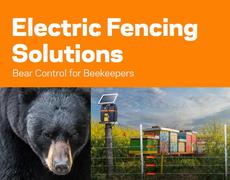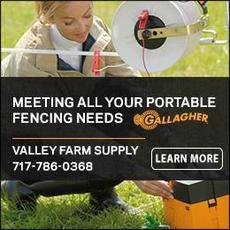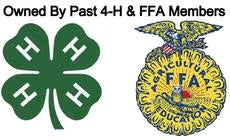Like most former British colonies, New Zealanders speak English - albeit with a uniquely kiwi twist.
New Zealand has two official languages - Maori and English - though the use of Maori as a first language is not widespread. Even so, many place names are Maori in origin (try tongue-twisters such as Paekakariki, Turangawaewae or Ngaruawahia!), and most government agencies have bilingual names.
New Zealand English is, in itself, a unique language full of many colloquialisms foreigners will find challenging at times to decipher.
So, if you don't know how to rattle your dags, no worries mate - she'll be right!
Some common Kiwi colloquialisms you may encounter:
Farming
| Cockey | Farmer |
| "the girls" | The cows (as in dairy cows) |
| Tape | Tape for electric fence to divide an existing paddock |
| "The shed" | Usually the milking shed if on a dairy farm |
| Bike | Refers usually to 4 wheeler motorbike |
| 2 wheeler | Refers to 2 wheel motorbike |
| Rotary shed | Automatic milking shed where cows stand on a rotating platform |
| Herringbone shed | Automatic milking shed where cows stand in two rows on either side of a "pit" from where the milkers put on "cups" |
| Cups | Suction mechanisms on milking machines |
| Smoko | Break |
| Hairy | Young dairy farm worker |
| hard yakka | Hard work |
| Post Batten | Fence made of wooden posts with smaller supporting wooden "battens" |
| Silage | Decomposed maize or grass often stored in silage pits in the ground covered by plastic and fed out to stock as supplementary feed |
| Wrapped bale | Large round bales of hay, wrapped in plastic to create a decomposing effect (fed as supplementary feed) |
| Grass based system | Dairy farm relying largely on pastures for feed, very little supplementary feed |
| High input system | Dairy farm using substantial supplementary feed in addition to the grass grown on farm |
| Condition score | Condition of stock, particularly important before mating and during and after pregnancy |
| Plate Meter | Device to measure grass cover on the farm |
| Milk Solids | Measured in kilograms ("kgms") |
| Runoff | A supporting farm used to graze non-milking stock. |
| Young stock | Replacement heifers |
| Cross breds | New Zealand style cross between Fresians and Jersey dairy breeds |
| Composite Breeds | Usually in sheep - refers to the introduction of High fertility breeds such as East Fresian and Finns and crossing them with traditional breeds such as Romneys to push up lambing percentages |
| AB | Artificial Breeding (Artificial insemination) |
| Races | Fenced walkways for stock to be moved easily around the farm |
| Bobby calves | Four day old calves sold for slaughter |






Comments
Jump to comment formTobias williamson said:
Two-wheeler is specifically farm slang do you others not use it? also, why is quad not here?